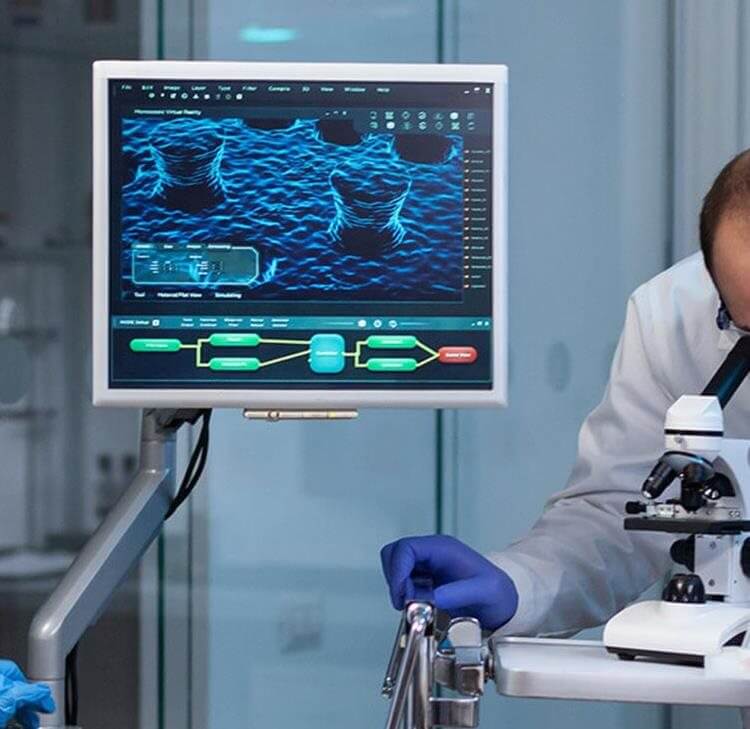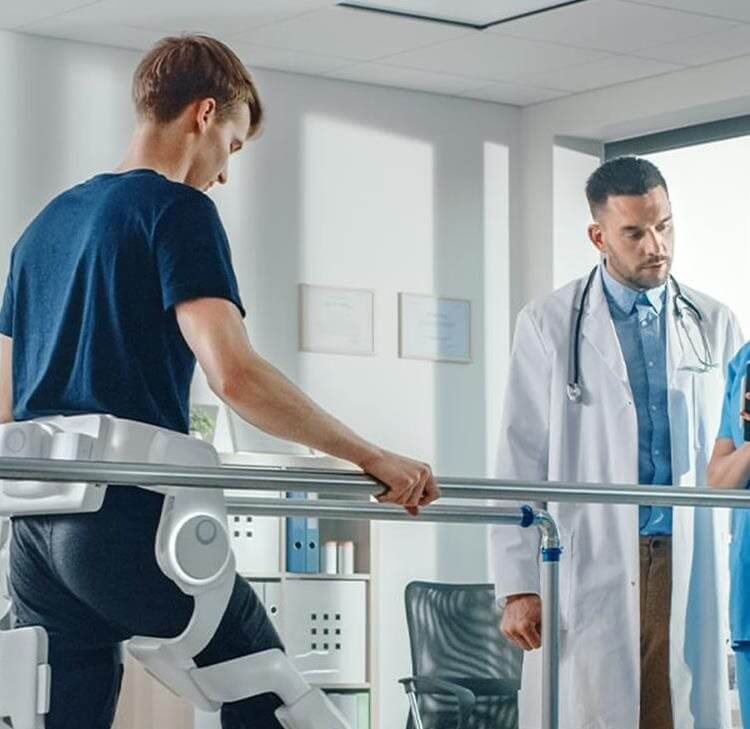Shared Insights: Preparing for remote inquest hearings and dealing with inquests in a pandemic
These insights were shared at our fortnightly online forum for NHS professionals on 20 October 2020. To find out more please visit our Shared Insights hub.
Simon Tait and Nicola Evans led a discussion with Dr Robert Hunter, HM Senior Coroner for Derby and Derbyshire, Mr Gordon Clow, HM Assistant Coroner for Nottinghamshire and Miss Susie Hewitt MBE, Consultant in Emergency Medicine, University Hospitals of Derby and Burton NHS Foundation Trust.
Simon Tait is a Partner and Head of Health, Advisory and Litigation at Browne Jacobson. He is an experienced advocate with expertise in coronial law and represents health and public sector organisations in complex inquests across a range of jurisdictions. Simon also sits as an Assistant Coroner for Yorkshire South East.
Nicola Evans is a Consultant at Browne Jacobson who has specialised in health law for more than two decades. She acts for a wide range of NHS organisations and NHS Resolution, advising on complex health law queries and representing NHS organisations at inquests. Nicola has 12 years’ experience working at senior legal within the NHS as Associate Director of Legal Services for a large acute hospital Trust.
The Shared Insights were:
- In June 2020 the Chief Coroner issued Guidance No. 38 Remote Participation in Coronial Proceedings. This makes it clear that remote participation in Coroner’s inquests is a crucial tool for Coroner’s dealing with inquests during this pandemic and states that “partially remote hearings should take place wherever possible if the technology allows and it is in the interests of justice”.
- The Guidance is clear that the Coroner must be physically present in the courtroom throughout the inquest and the courtroom must remain open to the public and the media. However, it is now permissible for some or all of the witnesses and interested persons (IPs) to participate remotely via video link.
The Coroner can order remote participation, but IPs should be given an opportunity to make representations about this.
If the Coroner does not order remote participation, you can make an application to the Coroner asking to take part remotely. - In many jurisdictions, the Coroner has worked collaboratively with local NHS and other agencies, to get the technology and process in place to deal with inquests remotely. Some Trusts have set up “remote hearing rooms” on Trust premises – this is usually done in collaboration with local Coroners.
- This Checklist sets out some tips to help you prepare for and deal with remote inquest hearings confidently and professionally.
Most Coroners require that witnesses remove their masks when giving oral evidence either in court or remotely. - Remember that the usual rules of court etiquette and conduct apply to remote inquest hearings. By joining the video link, your room becomes an extension of the courtroom.
- Remote inquest hearings present some challenges to establishing rapport with the family and supporting clinical witnesses effectively.
- Remote inquest hearings will be a feature of the future landscape.
Finally, to read more about the law on certifying death and notifying deaths to the Coroner click here.
Speakers

Nicola Evans
Partner
Shared Insights
Our monthly forum connecting health and care leaders and professionals to discuss challenges and share solutions.
Contacts

Damian Whitlam
Partner
damian.whitlam@brownejacobson.com
+44 (0)330 045 2332

Nicola Evans
Partner
Nicola.Evans@brownejacobson.com
+44 (0)330 045 2962








































